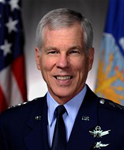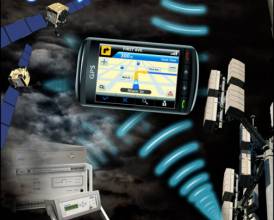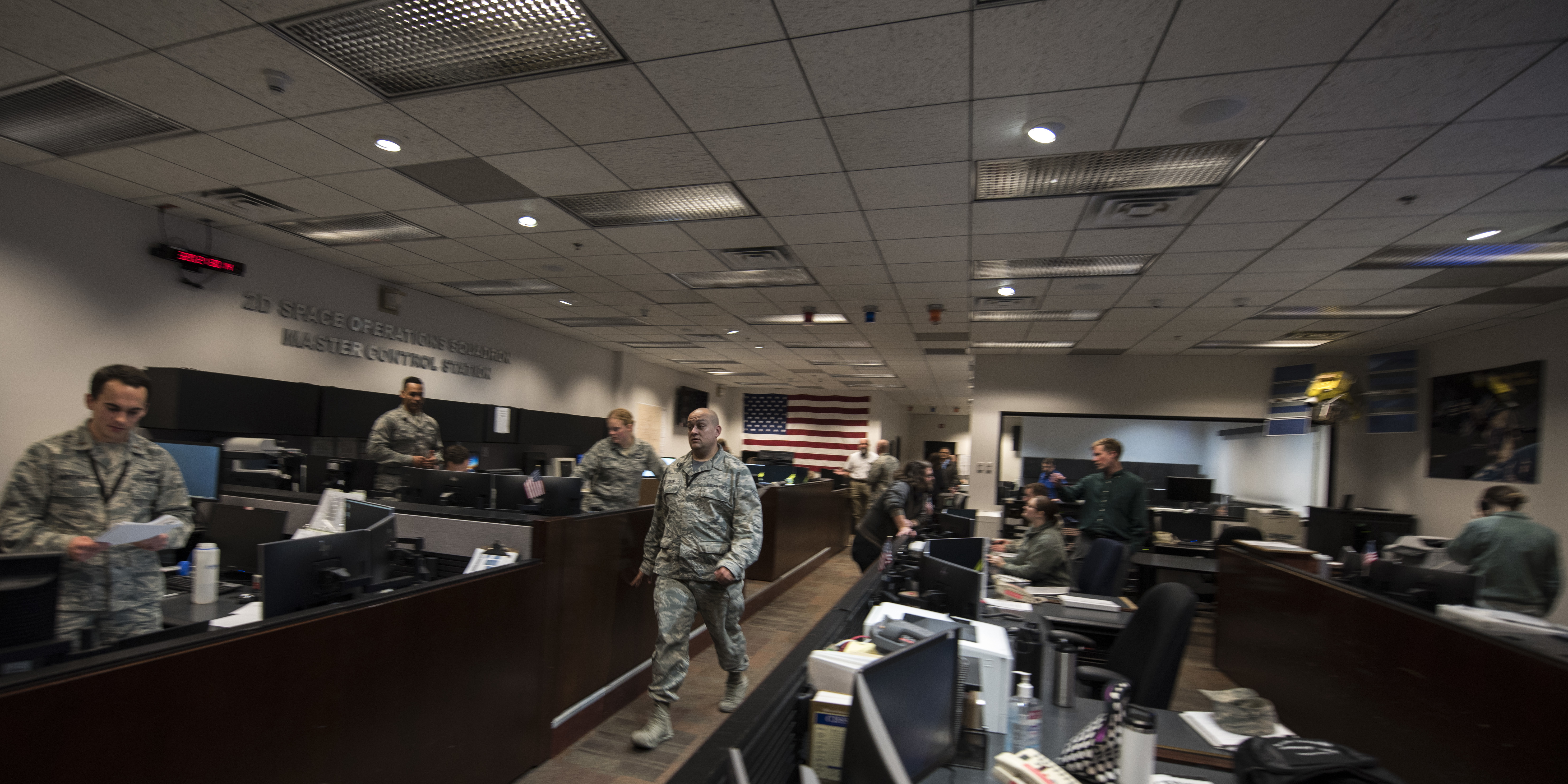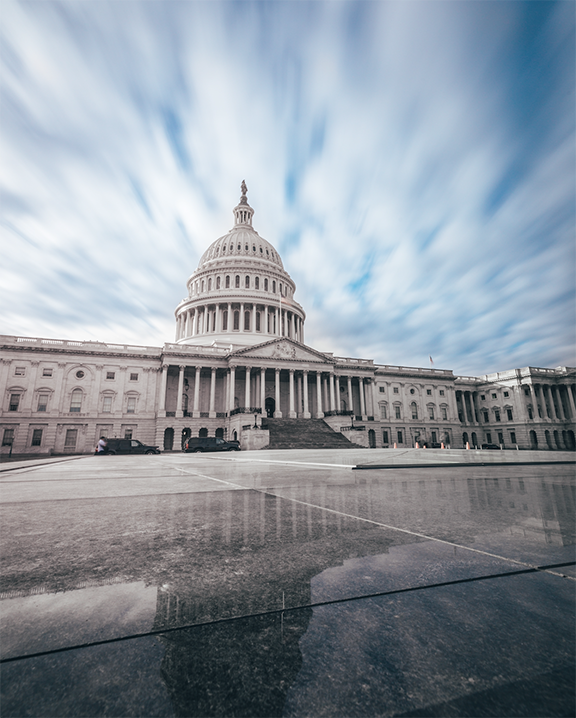
U.S. Air Force Gen. William Shelton , commander of the Air Force Space Command (AFSPC), told a recent House Armed Services subcommittee hearing that the LightSquared controversy at the Federal Communications Commission (FCC) underlined the need to protect GPS spectrum “Whether it is by policy within the FCC or whether that is by legislation. . . “
Shelton’s comments came during March 8 testimony on the Fiscal Year 2013 National Defense Authorization Budget Request for National Security Space Activities before the Strategic Forces Subcommittee.
U.S. Air Force Gen. William Shelton , commander of the Air Force Space Command (AFSPC), told a recent House Armed Services subcommittee hearing that the LightSquared controversy at the Federal Communications Commission (FCC) underlined the need to protect GPS spectrum “Whether it is by policy within the FCC or whether that is by legislation. . . “
Shelton’s comments came during March 8 testimony on the Fiscal Year 2013 National Defense Authorization Budget Request for National Security Space Activities before the Strategic Forces Subcommittee.
In his prepared statement for the hearing, the AFSPC commander emphasized the need to ensure “continued and improved spectrum access required for critical military systems as both national and international demand increases for finite spectrum resources.”
Shelton singled out for praise Capt. Justin Deifel from the Space & Missile Systems Center’s GPS Directorate for leading “three rigorous tests on behalf of the National Space-Based PNT Systems Engineering Forum to quantify the potential for interference to military and civilian GPS users from LightSquared’s proposed terrestrial network.” Deifel’s “technical prowess and objectivity ensured these nationally significant tests were professionally accomplished in a thorough, fact-based manner,” Shelton added.
During the hearing, Mike Turner (R-Ohio), the subcommittee chairman, asked Shelton whether the LightSquared case was “an isolated matter or are there further steps needed to ensure DoD’s spectrum can be safeguarded?”
In reply, Shelton Chairman first thanked Turner and members of the Armed Services committee for their help “in protecting that part of the spectrum that GPS depends upon,” adding, “As we go forward — this is again a physics problem — that part of the spectrum has to be protected. Whether it is by policy within the FCC or whether that is by legislation, there is no question that we have to protect that part of the spectrum.”






